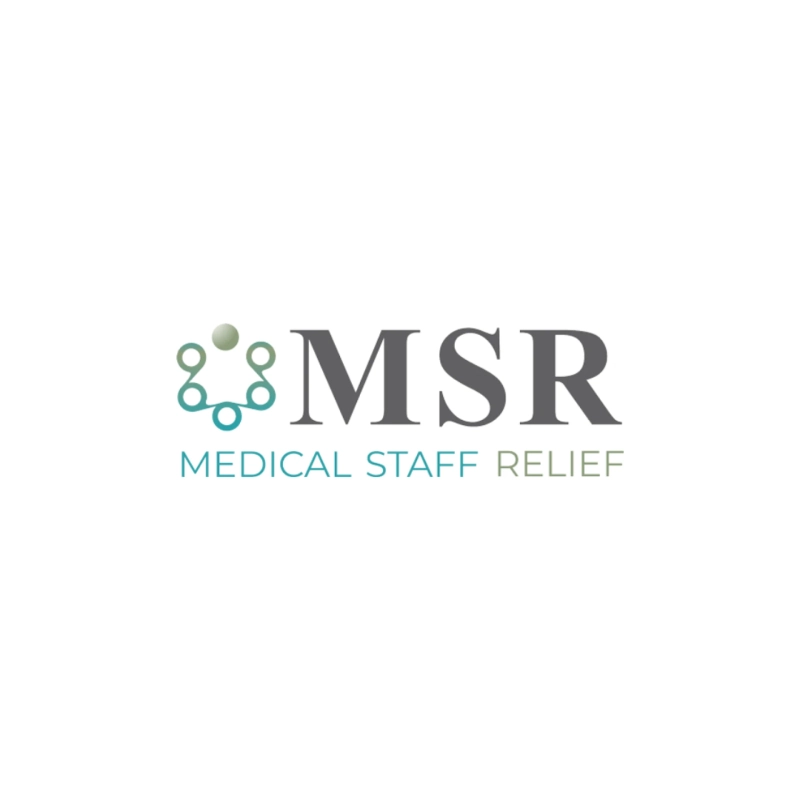Introduction
Success in medical transcription requires more than just fast typing. It's a profession that demands accuracy, discipline, and an understanding of the healthcare environment. Whether you're entering the field or looking to improve, mastering the right skill set will make all the difference. This article explores the 8 essential skills every medical transcriptionist must possess to elevate from good to truly exceptional.
1. Mastery of Medical Terminology
Understanding complex medical vocabulary is the cornerstone of effective transcription. You need to recognize and interpret anatomical, pharmacological, and procedural terms without hesitation. This fluency not only reduces errors but also demonstrates your competence to healthcare providers relying on your precision.
2. Excellent Listening Skills
Medical transcriptionists must accurately capture dictation, often spoken quickly or with varying accents. This requires a sharp ear, focus, and the ability to comprehend context. Active listening helps ensure that no vital details are lost in translation, supporting accurate medical documentation.
3. Strong Grammar and Language Proficiency
Being proficient in English grammar and sentence structure is essential. You must transcribe spoken words into written format with clarity and correctness. Grammatical accuracy not only improves readability but also maintains the professional integrity of medical records.
4. Fast and Accurate Typing
Speed is valuable, but accuracy is critical. Developing typing speed while minimizing errors ensures efficiency and high-quality output. Precision reduces the need for revisions and improves turnaround time for busy healthcare facilities.
5. Familiarity with Electronic Health Records (EHR)
Modern transcriptionists must navigate various EHR systems. Understanding how to input, edit, and retrieve medical information digitally is a skill in high demand. Proficiency in EHR enhances workflow and allows you to integrate seamlessly with healthcare teams.
6. Research and Reference Skills
You’ll often encounter unfamiliar terms, medications, or procedures. Knowing how to research quickly and accurately through reputable medical sources is vital. This skill ensures you're delivering verified and trustworthy documentation.
7. Time Management and Organization
Managing multiple files, deadlines, and corrections requires excellent time management. Staying organized allows you to handle high volumes without compromising quality. It’s one of the most underrated yet vital traits in a transcriptionist's success.
8. Confidentiality and Ethical Integrity
Working with sensitive patient data requires a strong ethical foundation. You must adhere to HIPAA and other confidentiality guidelines, respecting the privacy and security of all medical records. Trustworthiness is not just preferred—it’s mandatory.
Conclusion
Medical transcription is a rewarding career when built on the right skills. From mastering medical terminology to maintaining the highest standards of confidentiality, these eight skills shape you into a reliable and professional transcriptionist. By focusing on the 8 essential skills every medical transcriptionist must possess, you're not just meeting industry expectations—you're exceeding them. Aim to refine each area and transform your transcription work from good to great.
If your healthcare organization is seeking reliable Medical Staff Relief and experienced transcriptionists who already embody these capabilities, now is the time to explore the solutions available to you. Visit our website to connect with skilled professionals ready to meet your documentation needs efficiently and ethically.


